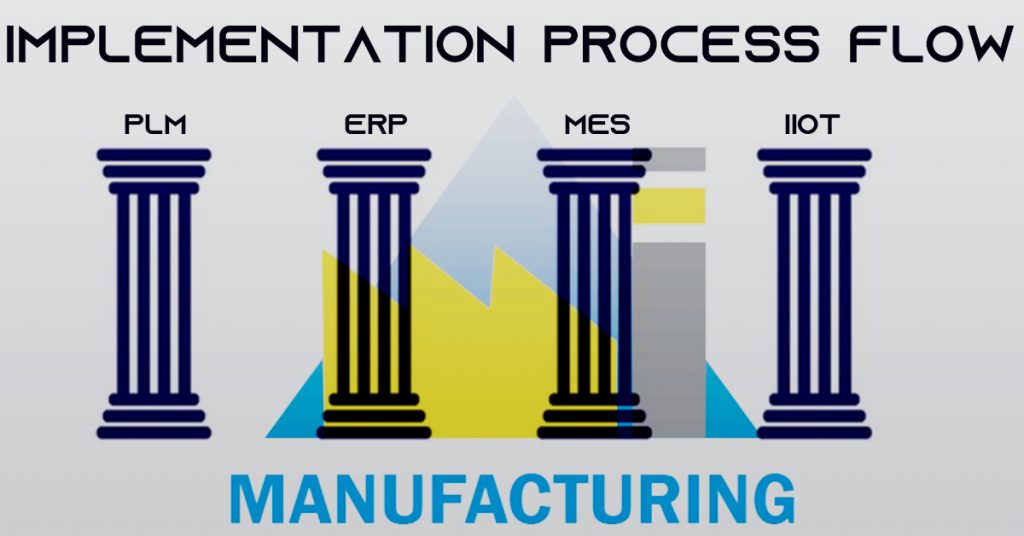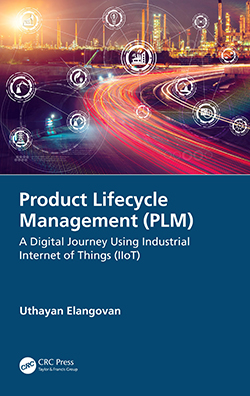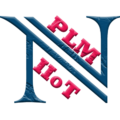Four key pillars – PLM, ERP, MES, IIoT – stand at the forefront of modern manufacturing, each playing a unique role in shaping the industry’s landscape. In this era of technological innovation and increased demand for efficiency, these four critical components form the foundation upon which manufacturing enterprises build their success. From managing resources and optimizing processes to connecting machines and harnessing data, these pillars hold the key to staying competitive and sustainable in today’s fast-paced world of production. Join us as we delve deeper into the transformative power of PLM, ERP, MES, and IIoT, and how they are revolutionizing the manufacturing industry.

Introduction
Staying competitive and efficient is paramount in the world of manufacturing. The four standard functional applications, often referred to as the Four Key Pillars – PLM, ERP, MES, and IIoT (Product Lifecycle Management, Enterprise Resource Planning, Manufacturing Execution Systems, and Industrial Internet of Things), play a pivotal role in sustaining the manufacturing industry. However, these systems are not one-size-fits-all; each serves a distinct purpose.
ERP (Enterprise Resource Planning) focuses on the control of physical raw materials, manpower, and machinery/facilities required for product manufacturing.
MES (Manufacturing Execution Systems) seamlessly link, monitor, and manage intricate manufacturing systems and data streams.
PLM (Product Lifecycle Management) integrates individuals, information, procedures, and business systems, providing a robust product information foundation for enterprises to build upon.
IIoT (Industrial Internet of Things) stands as the bridge connecting devices and machinery to the digital world, facilitating real-time data exchange and analysis.
Let’s delve into a brief overview.
PLM
Picture the life of the Electronic Steering Column as a captivating story. PLM steps in as the storyteller, weaving together the design inception, the challenges faced, and the triumphs celebrated. It’s not just a technical documentation; it’s a biography, revealing the character and evolution of the steering column. PLM transforms the product into more than just a component; it becomes a narrative, a journey worth understanding.
ERP
Imagine you’re at the helm of designing a cutting-edge steering column. Think of ERP as your guiding force, the strategic mind overseeing the entire production journey. It seamlessly coordinates the arrival of raw materials for the steering column, directs the skilled workforce in the assembly dance, and synchronizes the machinery for a flawless production performance. Like a master conductor leading an orchestra, ERP harmonizes these elements to craft not just a steering column but a symphony of automotive excellence.
MES
Now, step onto the factory floor. MES is your behind-the-scenes choreographer, ensuring each move in the Electronic Steering Column’s assembly is a dance of precision. It’s the vigilant eye that monitors the crafting of individual components, orchestrating their integration into an electronic masterpiece. MES turns the manufacturing process into a dance, where every step is a graceful move towards a steering column that performs with the finesse of a well-rehearsed performance.
IIoT
Now, imagine the Electronic Steering Column gaining a voice. Thanks to IIoT, it becomes a smart companion, connected to other vehicle components and even speaking to the driver. It’s not just a static part; it’s a dynamic, responsive entity in the driving experience. IIoT transforms the journey from a mere commute to an interactive adventure, where the steering column becomes an active participant, exchanging real-time data for a smoother, smarter ride.
While these four pillars are distinctive, they collectively form the bedrock of modern manufacturing technology.
Implementing the four key pillars
Implementing these four key pillars within a manufacturing enterprise, whether it’s a small or large business, follows a similar process flow. They support the automation of business processes used in designing, developing, manufacturing, and servicing products for end customers. Here’s a structured approach:
- Start Developing Enterprise Process Documentation: Begin by documenting your existing processes.
- Recognize Current Processes: Evaluate what’s working and what’s not in your current operations.
- Specify and Map Process Enhancements: Identify areas where improvements can be made and create a high-level map of these changes.
- Identify Pain Points: Discussions around process improvement and standardization often stem from discomfort points. Engage cross-functional teams to gather insights.
- Categorize Discomfort Points: Divide identified issues into three categories: Process-related, Systems-related, and People-related.
- Allow Flexibility: Keep in mind that some enterprises have distributed operations; thus, some flexibility may be needed when standardizing procedures.
- Categorize Business Processes: Group your business processes by functional area, such as product development, customer service, supply chain planning, vendor development, inventory, finance, etc.
- Develop a List of Requirements: Create a list of requirements, distinguishing between “Must-Have” and “Nice-to-Have.”
- Focus on the Essentials: Prioritize the requirements that are essential for your business operations.
- Lean Manufacturing Strategy: Utilize Lean principles, such as Value Stream Mapping, to analyze, design, and manage the flow of products and information.
- Choose the Right Applications: Select the PLM, ERP, MES, and IIoT applications that best align with your business needs.
- Assess Strengths and Weaknesses: Evaluate these applications based on their strengths and weaknesses in meeting your business requirements.
- Start a Proof of Concept (POC): Before full-scale implementation, conduct a POC to validate the chosen solutions.
- Obtain Approval and Roll Out: Seek approval from C-level executives and proceed with implementation, followed by a systematic roll-out.
Explore Award-Winning ‘PLM: A Digital Journey’!

Introducing our latest book, “Product Lifecycle Management (PLM): A Digital Journey Using Industrial Internet of Things (IIoT).” This isn’t your average read – it’s been recognized by heavyweights like CNN, Forbes, and Inc.
Imagine being in the company of the world’s most successful business leaders and experts. Well, our book earned its spot among the best, thanks to BookAuthority, a trusted book recommendation source.
In 2020, it secured the 19th position out of 26 on the BookAuthority Best New Industrial Management Books of All Time. And in 2021, it grabbed the 3rd spot out of 8 for Best New Industrial Management Books to Read, along with the 5th spot out of 11 for Best New Product Design Books to Read. These rankings speak volumes about the book’s impact in the business and product design realm.
To top it off, the book clinched the 2020 Taylor & Francis Award for Outstanding Professional Book! This prestigious recognition underscores the book’s quality and professionalism.
If you’re curious about the world of PLM, from ERP to MES to IIoT, this book is your go-to guide. It’s not just a read; it’s an invitation to uncover the digital journey shaping industrial innovation. Dive in, and let PLM’s transformative power ignite your curiosity and drive your professional pursuits.
Final Thoughts:
The Four Key Pillars – PLM, ERP, MES, and IIoT – possess the potential to revolutionize how businesses operate and interact with customers. Successful implementation hinges on user adoption, so ensure that cross-functional team members fully comprehend the business objectives. By categorizing requirements into “Must-Have” and maintaining a focus on essentials, you can streamline the implementation process and ensure that your business continues to thrive.
P.S: Neel SMARTEC Consulting offers comprehensive consulting, project management expertise, and innovative learning solutions for individuals and businesses, ranging from small enterprises to large corporations. Specializing in PLM (Windchill, OpenBOM), ERP (Katana), and IIoT (Cloud Studio), our focus is on providing the right processes, skills, people, and solutions to pave the path to success in manufacturing.


